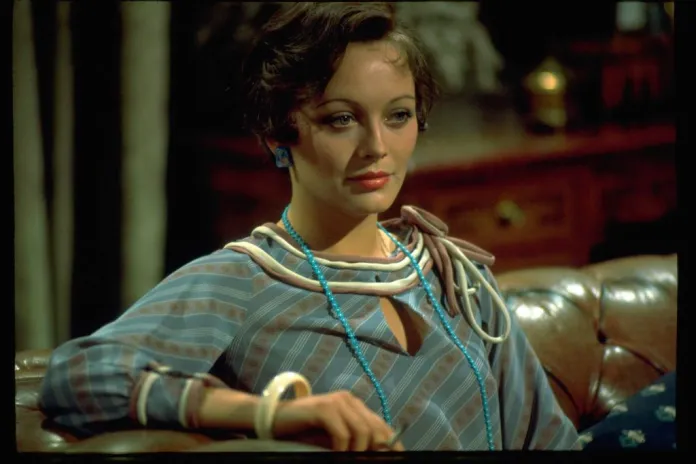Judge halts California’s new deepfake law – Washington Examiner
A federal judge has blocked California’s new deepfake law aimed at preventing political disinformation, which was signed into law by Governor Gavin Newsom just two weeks prior. The ruling came as a response to a lawsuit from Chris Kohls, known as “Mr. Reagan,” who created a viral AI-generated video mimicking Vice President Kamala Harris. The judge, John A. Mendez, ruled that the law overly suppressed political speech, stating it functioned “as a hammer instead of a scalpel,” and was too broad, potentially hindering satire and parody. While some provisions, like those requiring verbal disclosure of altered audio content, were deemed reasonable, the law as a whole was criticized for its excessive reach. Kohls’s attorney expressed satisfaction with the ruling, emphasizing the importance of protecting parody under the First Amendment. The situation underscores the debate about balancing election integrity with free speech in the era of advanced AI technology.
Judge blocks California’s new deepfake law
A federal judge blocked an artificial intelligence deepfake law Wednesday that protects against political disinformation just two weeks after Gov. Gavin Newsom (D-CA) signed it into law.
The ruling is the result of a lawsuit filed by Chris Kohls, known as “Mr Reagan” on X. Kohls is the original poster of an AI video that replicated Vice President Kamala Harris’s voice and went viral on X this summer. The video caught Newsom’s attention and prompted him to create the law. X owner Elon Musk reposted the video, making it even more widespread.
Kohls argued in the lawsuit that the video was a parody and was, therefore, protected by the First Amendment. Senior U.S. District Judge John A. Mendez agreed that the law suppressed political speech.
“Most of [the law] acts as a hammer instead of a scalpel,” Mendez wrote, calling it “a blunt tool hinders humorous expression and unconstitutionally stifles the free and unfettered exchange of ideas.”
The law was found to be too broad, reaching past defamation and claiming satire and parodies could be harmful to an election. Simpler requirements, such as mandatory labeling, could fix portions of the law that are overreaching.
The judge recognized that there are important areas of the law, such as the requirement of verbal disclosure of digitally altered content in audio-only recordings, calling them “not unduly burdensome.”
Kohls’s attorney, Theodore Frank, wrote in a statement that they were “gratified that the district court agreed with our analysis.”
Kohls’s post, which he defines as a parody but does not write or state so in the video, used AI to recreate Harris’s voice, having her say she was the “ultimate diversity hire” and other derogatory comments toward President Joe Biden. The AI technology used to manipulate audio and video is so advanced that, without clear parody labels on videos, it’s easy to mistake the distortion for reality.
“Deepfakes threaten the integrity of our elections, and these new laws protect our democracy while preserving free speech. Satire remains alive and well in California — even for those who miss the punchline,” wrote Izzy Gordon, a spokeswoman for Newsom, in a statement.
The statement also reminded Californians that the law is not the only one of its kind. There is a similar law in Alabama that restricts deepfake AI videos.
On Thursday, Musk posted the lawsuit’s ruling on X, celebrating the court’s decision.
— Elon Musk (@elonmusk) October 3, 2024
" Conservative News Daily does not always share or support the views and opinions expressed here; they are just those of the writer."




